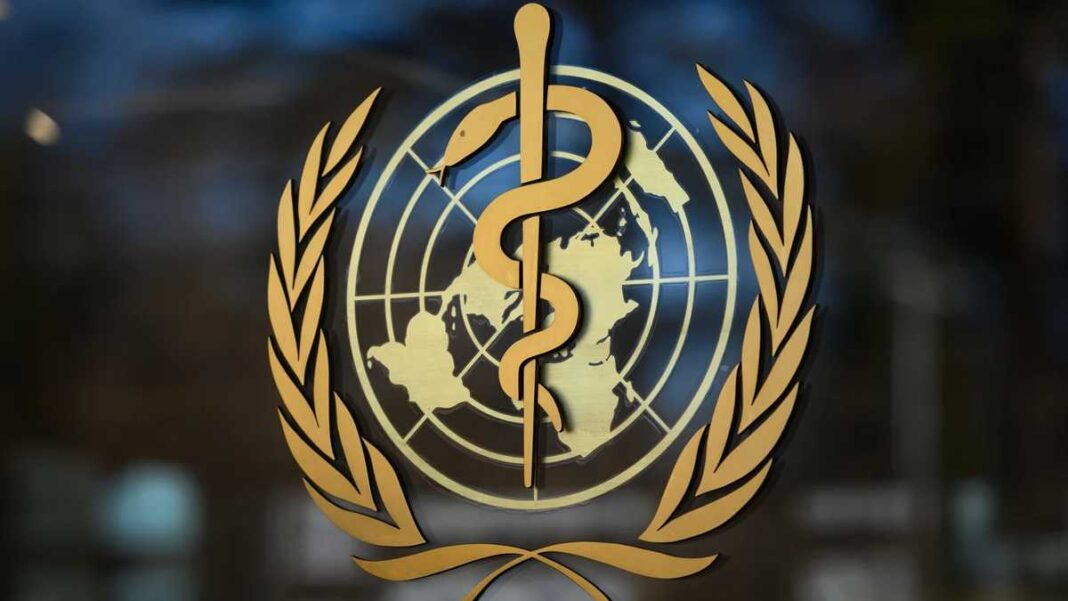‘These agreements would seek to elevate the WHO from an advisory body to a global authority in public health,’ the Republican governors wrote in a letter.
Governors from 24 states have joined together to speak out against treaty negotiations being conducted by the Biden administration, which “would purport to grant” the World Health Organisation (WHO) “unprecedented and unconstitutional powers over the United States and its people.”
In a March 22 letter, the governors stated that they “stand united in opposition to two proposed instruments” currently under negotiation.
“The objective of these instruments is to empower the WHO, particularly its uncontrollable Director-General, with the authority to restrict the rights of U.S. citizens, including freedoms such as speech, privacy, travel, choice of medical care, and informed consent, thus violating our Constitution’s core principles,” the governors wrote. “If adopted, these agreements would seek to elevate the WHO from an advisory body to a global authority in public health.”
The documents they refer to are a new treaty called the WHO pandemic agreement and amendments to the existing International Health Regulations (IHRs), which together would centralize a significant amount of authority within this United Nations subsidiary if the WHO declares a state of “health emergency.”
Governors from the following states signed the letter: Alabama, Alaska, Arkansas, Florida, Georgia, Idaho, Indiana, Iowa, Louisiana, Mississippi, Montana, Nebraska, Nevada, New Hampshire, North Dakota, Oklahoma, South Carolina, South Dakota, Tennessee, Texas, Utah, Virginia, West Virginia, and Wyoming.
As the negotiations among member nations move into their final phase before the start of the voting session at the World Health Assembly, scheduled to begin on May 27, the WHO appears to have scaled back some of the powers it had sought in hopes of finalizing a deal.
The latest IHR draft has deleted a prior provision that member nations “recognize WHO as the guiding and coordinating authority of international public health response” and commit to following the WHO’s directives during a health emergency. The latest draft also states that WHO recommendations are non-binding.
The WHO had attempted in previous drafts to obtain powers over “all risks with the potential to impact public health,” which could include environmental and climate issues. The latest draft seeks to limit the WHO’s authority to diseases.









